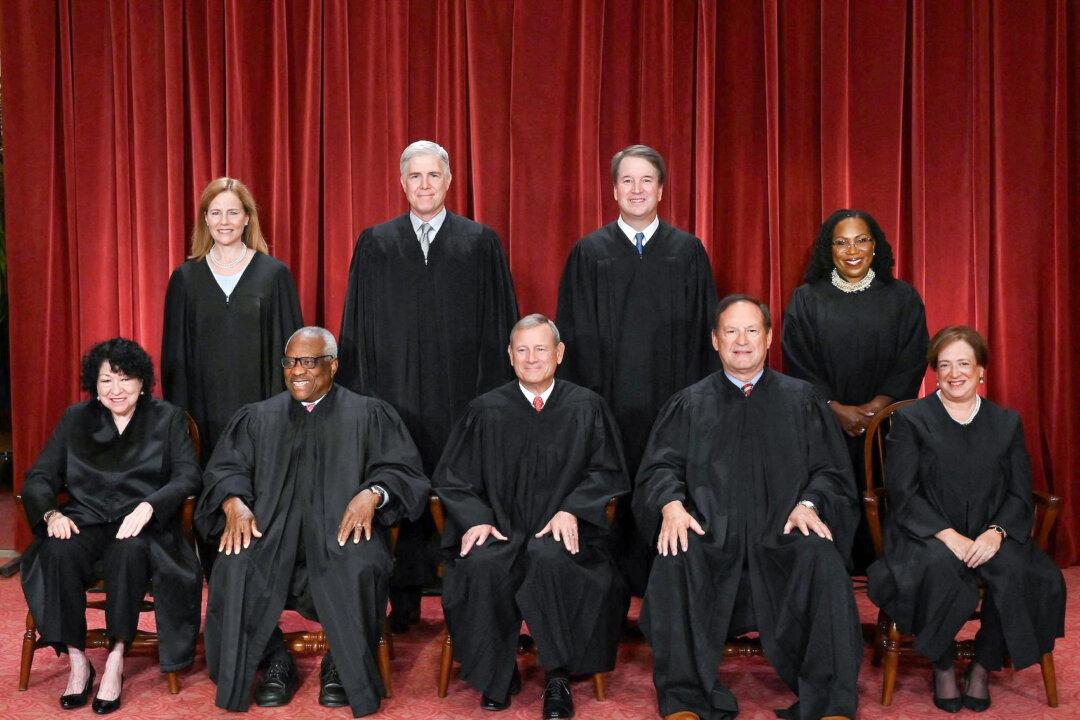U.S. Supreme Court Justice Samuel Alito on Thursday questioned whether prosecuting former presidents may undermine the county’s governance during a hearing on former President Donald Trump’s presidential immunity case.
President Trump’s lawyers have argued that former presidents are entitled to absolute immunity for their official acts. Otherwise, they say, politically motivated prosecutions of former occupants of the Oval Office would become routine and presidents couldn’t function as the commander-in-chief if they had to worry about criminal charges.





